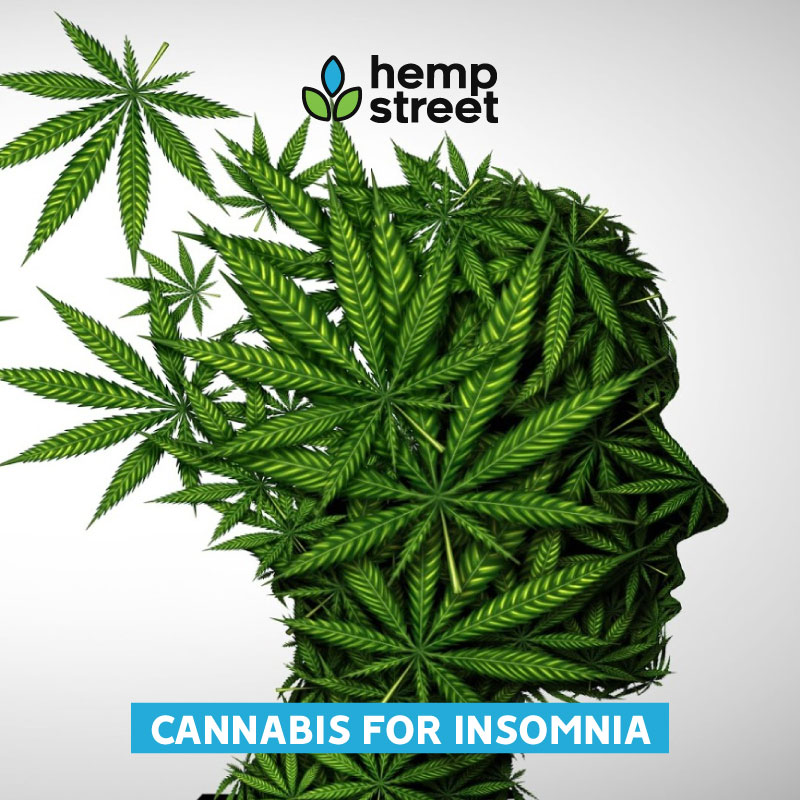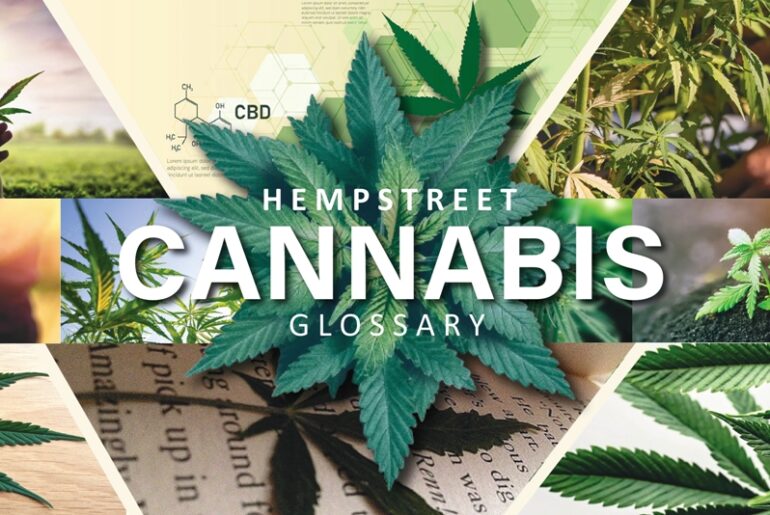In the chaotic and restless life that people lead in this 21st century filled with wide-ranging issues to worry about, it is not surprising that statistics suggest that almost 50 percent of the world population deal with insomnia in their day-to-day lives. While insomnia occurs in various forms, one of the most prevalent insomnia related disorder is obstructive sleep apnea. Comprehensive research on the disorder has established an intermutual connection between depression and the disorder. This has led to increasing cases of people turning to the controversial cure of cannabis. However, cannabis legalisation has been acting as an obstruction in its usage. The attitude towards cannabis is however experiencing a shift, for the good, as slowly studies are revealing the benefits of medicinal cannabis. Medicinal cannabis, has been approved by governments of various states for treatment of depression, anxiety and PTSD, i.e, Post Traumatic Stress Disorder. Cannabinoids in cannabis, THC and CBD as well as terpenes, are also slowly being vested as effective against sleep disorders.
About Medical cannabis or marijuana, “Marijuana is an effective sleep aid because it restores a person’s natural sleep cycle, which so often falls out of sync with our schedules in today’s modern lifestyle,” says Dr. Matt Roman, a medical marijuana physician. As recreational benefits of cannabis is well-known, this article will put forth the efficiency of cannabis in treating insomnia and related disorders, the dosage depending on the severity of the disease. However, it’s important to know why cannabis was considered for treatment of sleep disorders. Although, cannabis being used for its sedative effects dates back to centuries ago, it was only after cannabis legalisation was implemented in certain states, which lead research into cannabis for insomnia and positive results were obtained.
Cannabis helps insomnia
Due to restrictions and limitations on research into cannabis, it has been difficult to conclusively determine the relation. However, as legalisation of cannabis is taking place slowly, the restrictions are slackening and studies have been initiated. Early findings suggest that varied combinations of THC, known for it’s psychoactive effects and CBD, known for it’s medicinal contribution towards treatment of various diseases, discursively works towards improving insomnia. As chronic pain, mental disorders and diseases such as multiple sclerosis, Alzheimer’s etc., are comorbid conditions of insomnia and CBD, in cannabis, has proven effects against these, CBD is also helpful for annihilation of insomnia.
Discursive use of Medicinal cannabis and constituents for insomnia
Sleep occurs in stages called: N1, N2, N3 and REM. NI, N2, N3 stages of sleep are in the chronological order of increasing deepness in one’s sleep. While THC is known for its sedative effects, one of the lesser known cannabinoids in cannabis, Cannabinol, when combined with THC, enhance the sedative effects siginificantly and produces sleep-inducing reactions in the body. Research has also discovered in sample study that, THC lessen the time taken by a person to fall asleep, otherwise called sleep latency. Cannabinol, or CBN is a powerful sedative as well as an analgesic, having pain-relieving qualities, which stimulates THC’s performance as a drug for reducing insomnia. CBN, has mild psychoactive properties, which is again counterbalanced with the presence of CBD in cannabis. Other synthetic cannabinoids such as nabilone and dronabinol, impact and balance the serotonin level in the body, acting as potent drugs against sleep apnea. These synthetic cannabinoids are thus, easily available in cannabis dispensaries in places where cannabis is legalised. CBD as well as CBN, also shorten REM, i.e, rapid eye movement, which causes a person to dream. Doing this allows the person to get more of slow wave sleep, or deep sleep. This is especially consumed by those who suffer from PTSD and suffer from nightmares sporadically. Although research into another lesser known cannabinoid, terpenes, is at a nascent stage, terpenes might have sleep fostering ability, as the results of an experiment conducted on rodents suggest. Some of these terpenes are recognised as myrcene, phytol, terpineol, linalool, among several others.
A word from Hempstreet
Cannabis strains contain these cannabinoids in differing proportions, which alters the effects of cannabis on the consumer. Cannabis bought and consumed for insomnia should thus be checked for its chemical composition and proportion of cannabinoids beforehand, as higher amounts of THC could lead to grogginess and mood swings the following day. As smoking of cannabis is usually not advised as a method of consumption keeping in mind the health factor, cannabis tinctures and other extracts, consumed by being kept under the tongue or as an ingestible, is advisable. Consulting the doctor before initiating the medication of medicinal cannabis is also recommended, as prolonged use of cannabis should come with a regulated dosage for treatment.




